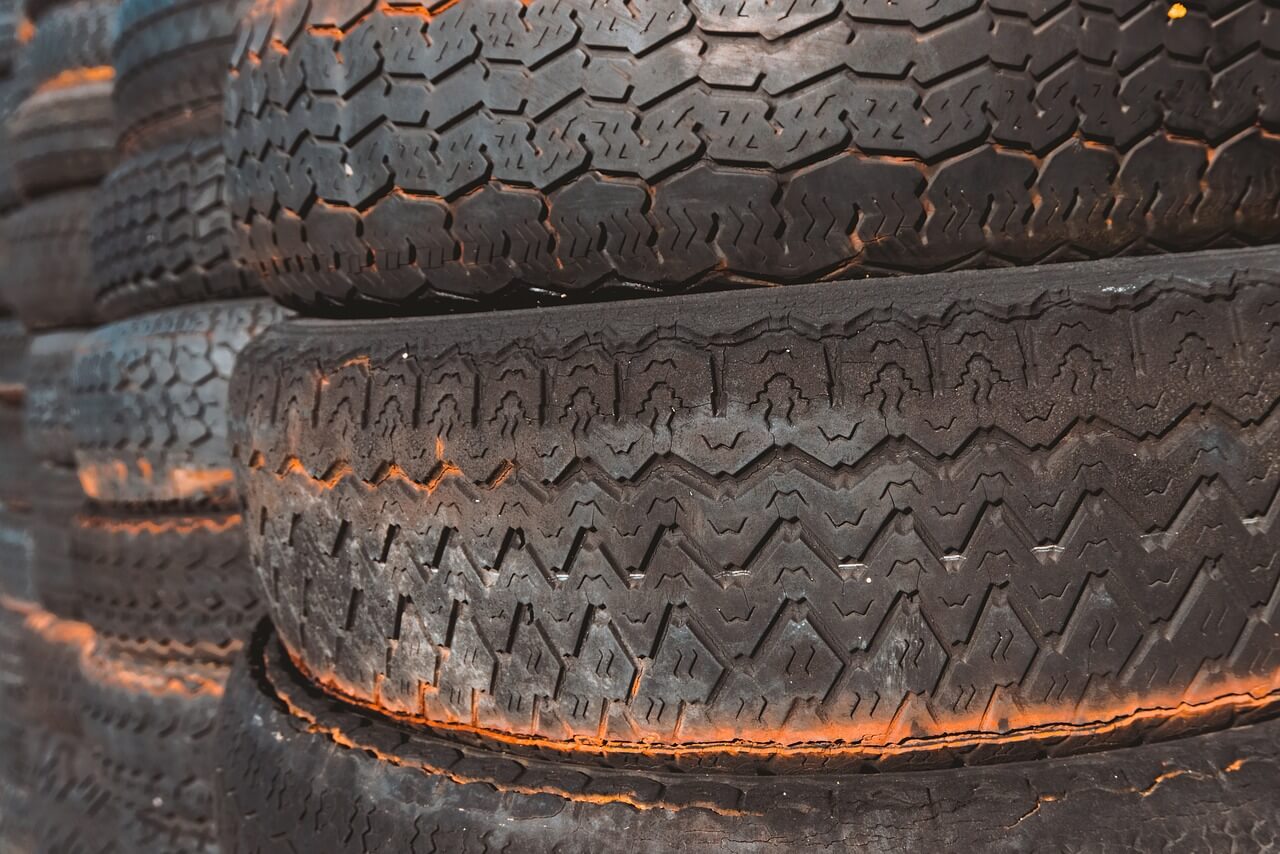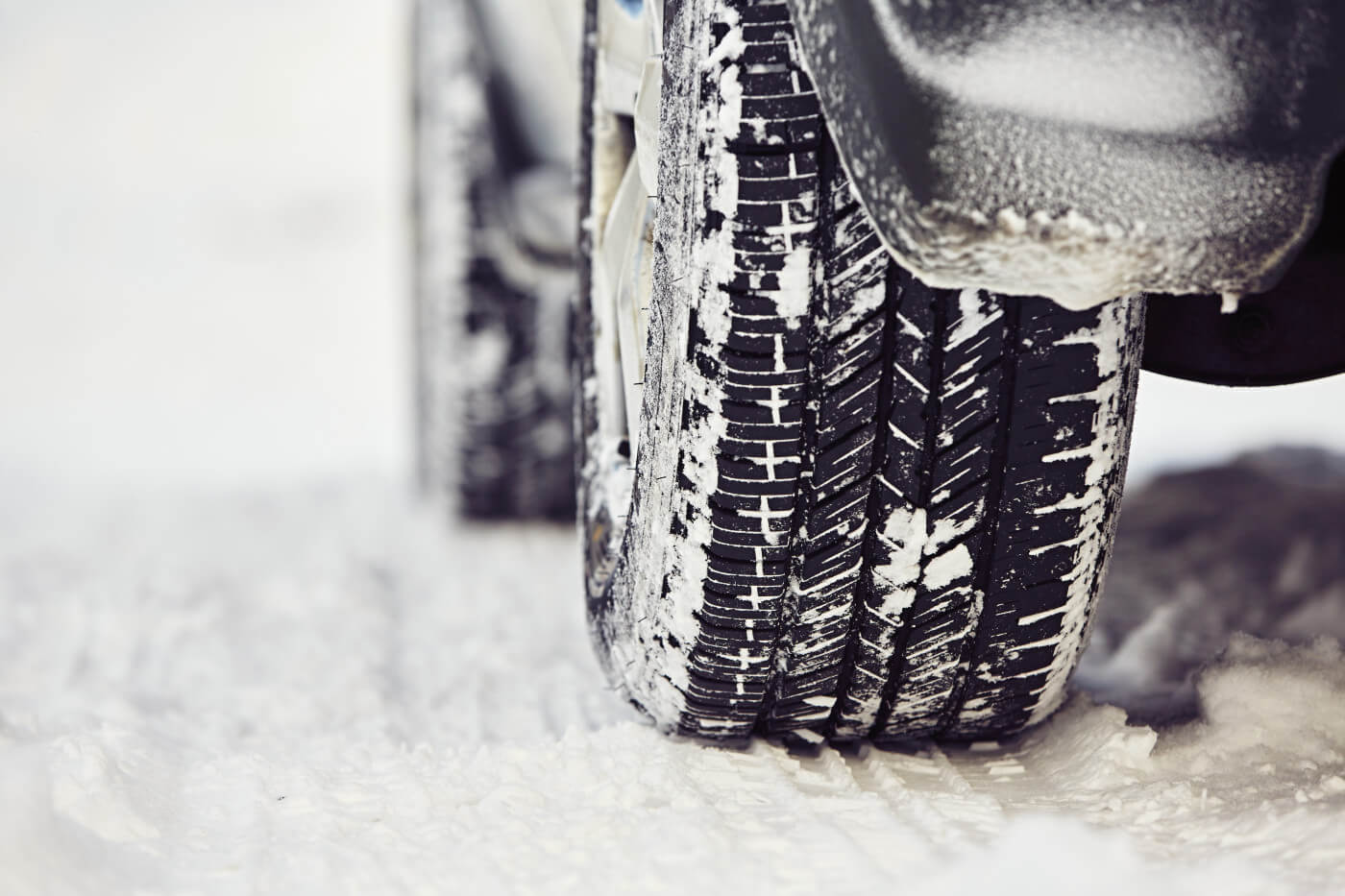For many years, winter tires have been mandatory in Quebec from December to March, so many drivers, in order to save time and money, no longer bother to change their winter tires when spring arrives and keep them on 365 days a year. But are they really saving money, and is doing this safe? Blackcircles Canada gives you some useful information on this phenomenon.
The same tires, all year?
Can we drive on winter tires all year round? The answer is yes. In fact, there is no law against it, unlike driving with summer or 4-season tires in the middle of January. What the law does say, however, is that it is illegal to drive on tires with a tread depth of less than 2/32nds of an inch, or 1.6 mm, whether they are summer or winter tires.
So it’s okay to drive on winter tires in the summer?
The answer is no! Just because it’s legal doesn’t mean it’s recommended! In fact, the rubber contained in winter tires is expressly designed to be effective when the mercury drops (and we know that in Quebec, it can drop a lot!). Winter tires have therefore optimal elasticity and grip when it’s cold, unlike summer tires, the efficiency of which drops drastically when the mercury goes below 7 degrees.
If you keep your winter tires on your vehicle year-round, the rubber will disintegrate very rapidly when the asphalt is too hot, so your tires will show signs of wear very quickly, usually before you’ve even reached 10,000 km. If you thought you could save money by not buying summer tires, think about the fact that you will have to buy a new set of winter tires much sooner because they wear out prematurely, so the money you think you’re saving will just disappear as quickly as the rubber on the tread!
And fuel consumption?
Winter tire wear due to warmer temperatures is not the only factor that should convince you not to drive all year round with your winter tires. To be sure, fuel consumption should also tip the balance against this choice! Because of the greater resistance of winter tires on the road, you will see your fuel consumption skyrocket… so what little savings you have left over will go to the gas station!
A question of safety!
As mentioned previously, keeping your winter tires on your vehicle in summer will cause premature wear. And premature wear means less driving safety! Indeed, not only is your winter tire more susceptible to blow out in the heat, but the risk of losing control of the vehicle is higher, especially if you’re driving at high speeds on the highway… with the sometimes disastrous consequences that can follow.
The braking distance is also much greater if you use a winter tire on a wet road surface, compared to a summer or 4-season tire. Tests conducted by CAA-Quebec have shown that at a speed of 100 km/h, a vehicle equipped with winter tires will need 93.8 m to stop, compared to 74.3 m for a vehicle fitted with summer or all-season tires. That’s a difference of 19.5 metres, almost the length of the pool where your kids take their swimming lessons—that’s a huge difference! Note also that this test was done with new tires, so imagine the distance needed if your winter tires are worn out!
Finally, your winter tires will have reduced grip, especially when cornering, because the surface in contact with the road will be smaller than that of a summer tire, due to the spacing between the blocks and grooves. In addition, the risk of hydroplaning is higher with a winter tire because it does not evacuate water as well as a summer tire, which is specifically designed to be effective in wet weather, including the torrential rains of July and August.
In short, although it is legal to drive in the summer with winter tires, we do not recommend it because of the risks involved; if you are really looking to save money on your tire purchases, shop at blackcircles Canada and take advantage of exceptional prices on both your winter AND summer tires!







